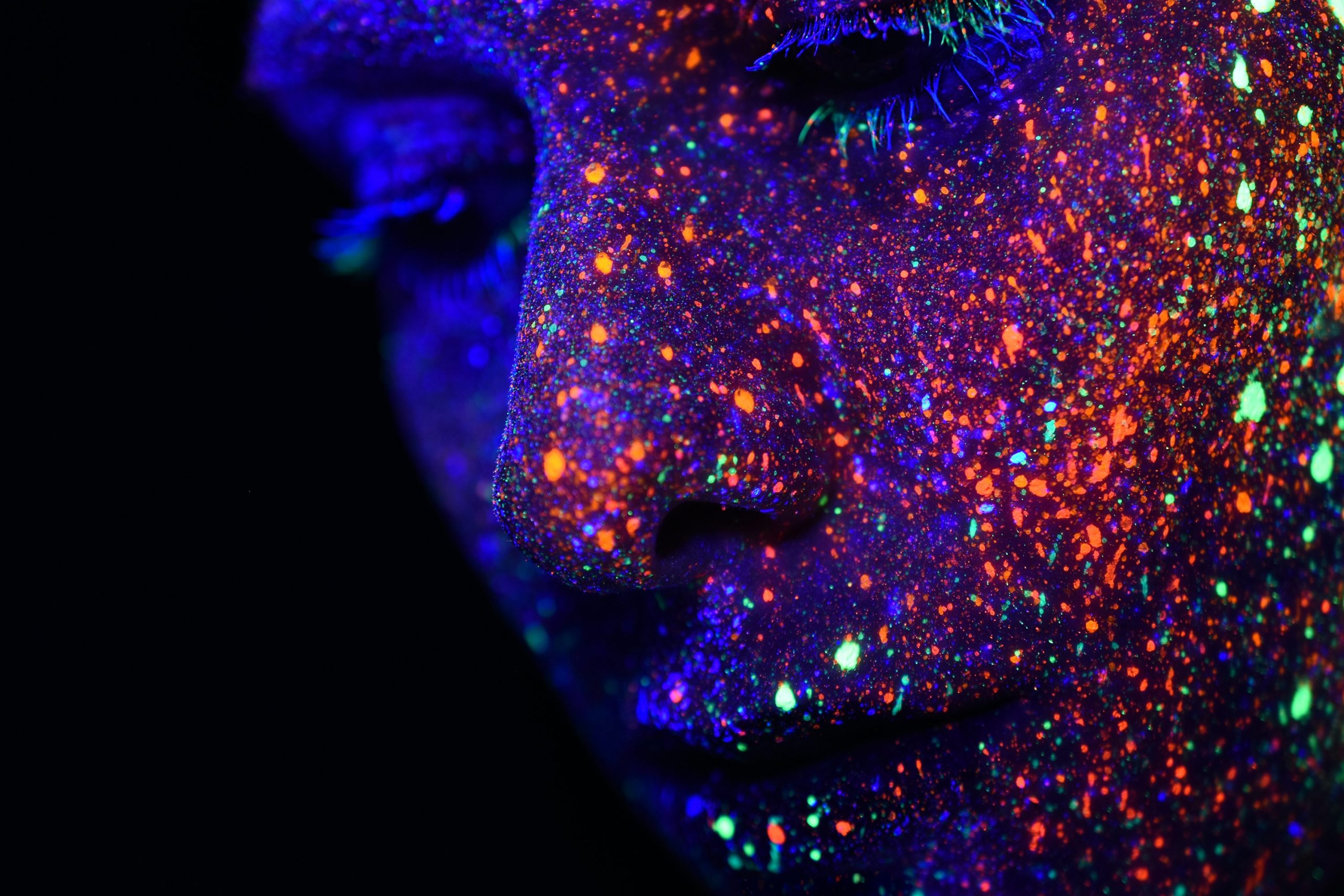The future of Artificial Intelligence and Machine Learning has been the subject of predictions by seven tech experts. According to Nicholas Horbaczewski, CEO & Founder of the Drone Racing League, drones are a central element in the field of security and will make the world a much safer place by being able to inspect otherwise hard-to-reach places.
The Impact of Artificial Intelligence applied to technology in the worlds of work and security
Despite the benefits that Artificial Intelligence can bring to the world of security, one must also consider the impact that this technology will have on the world of work.
Can AI be detrimental to business?
Automation and the introduction of intelligent machines could lead to the replacement of some traditional jobs, generating concerns about job losses. The use of personal data in Artificial Intelligence also raises important ethical and privacy issues.
It is crucial to ensure the protection of user data and to establish clear rules for their use. The application of Artificial Intelligence in a military context is also a serious issue and worthy of reflection, especially about how AI can best be used to ensure global security, and about the possible destabilisation of international relations.
A balance that we have to find between technological innovation and the protection of human rights. Despite these challenges, the future of Artificial Intelligence in the worlds of work and security is full of opportunities and potential that, if managed correctly, can lead to significant improvements in both sectors and will help you understand how to apply Artificial Intelligence in your company.
The ethical challenges of Artificial Intelligence for business and data privacy
The spread of Artificial Intelligence raises important ethical and privacy challenges. The use of personal data in the context of Artificial Intelligence requires special attention, to ensure the protection of users and to establish clear rules for its use.
It is crucial to create an appropriate regulatory framework that protects people’s privacy and limits the misuse or unauthorised use of data. The ethics of Artificial Intelligence is also crucial to consider. Intelligent machines, trained by Machine Learning, make autonomous decisions based on algorithms and data, but this could lead to unintended consequences or even discrimination.
It is therefore necessary to develop sound ethical principles to guide the development and use of Artificial Intelligence to ensure that decisions made are fair, transparent and respectful of basic human values.
It is important to involve experts from different disciplines, such as philosophers, jurists and ethicists, in the debate on the ethical responsibility of Artificial Intelligence and in the definition of guidelines at the international level. Only through a rigorous ethical approach can we maximise the benefits and understand how AI can best be useful without compromising people’s rights and dignity.
The future of Artificial Intelligence applied to technology in industry and art
The future of Artificial Intelligence applied to technology in industry and the arts promises to be extremely innovative and rich in possibilities. According to Matthew Kamen, Vice President of Engineering at Foursquare, Artificial Intelligence will have a significant impact on businesses, enabling them to understand how consumer-oriented and increasingly advanced AI can best be used.
In the area of marketing, for example, the use of Artificial Intelligence will allow the creation of customised and targeted strategies to reach specific customer targets.
In the field of art, Stephanie Dinkins, Transdisciplinary AI Artist, predicts that intelligent algorithms will become a fundamental part of the creative process. Artists will be able to use AI to explore new forms of expression and create innovative works of art.
Using Artificial Intelligence applied to technology in industry will also lead to more efficient and cost-effective production processes. The automation of repetitive tasks and the use of intelligent robots, powered by Machine Learning, will increase productivity and reduce production costs.
The future of AI-powered apps in industry and art will be characterised by greater customisation, creativity and efficiency, opening up new horizons in both sectors.


